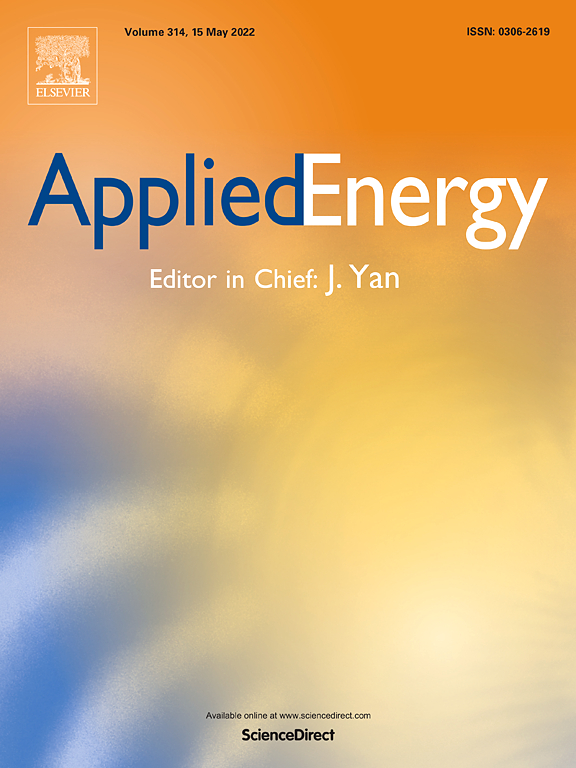Research Papers/Articles
Comparison of Hydrogen Powertrains with the Battery Powered Electric Vehicle and Investigation of Small-Scale Local Hydrogen Production Using Renewable Energy
2021
Author(s): Handwerker M, Wellnitz J, Marzbani H
Climate change is one of the major problems people face in this century, with fossil fuel combustion engines being huge contributors. The battery-powered electric vehicle is currently considered the predecessor, while hydrogen vehicles only have an insignificant market share.
Hydrogen Fuel Cell Road Vehicles and Their Infrastructure: An Option towards an Environmentally Friendly Energy Transition
2020
Author(s): Bethoux O
The latest pre-production vehicles on the market show that the major technical challenges posed by integrating a fuel cell system (FCS) within a vehicle—compactness, safety, autonomy, reliability, cold starting—have been met.
Life Cycle Assessment of Electric Vehicles and Hydrogen Fuel Cell Vehicles Using the GREET Model—A Comparative Study
2021
Author(s): Wong EYC, Ho DCK, So S, Tsang C-W, Chan EMH
With global warming and recent bans on diesel in automobiles, the need for vehicles driven by renewable energy sources to reduce greenhouse gas and pollutant emissions is growing.
What Do We Really Know About the Acceptance of Battery Electric Vehicles?
2022
Author(s): Wicki M, Brückmann G, Quoss F, Bernauer T
Battery electric vehicles (BEV) are essential in most countries’ transition towards an efficient, cleaner, and low-carbon transport system. BEV technology has been making rapid progress, but low market uptake poses major challenges for governments and industry.
Electric Vehicle Charging Strategies for Urban Freight Transport: Concept and Typology
2022
Author(s): Teoh T
Charging services play an important role in encouraging the electric freight vehicle (EFV) market growth. It is crucial to understand charging strategies and their influence on charging behavior in deploying charging services.
From Bike to Electric Bike Level-of-Service
2022
Author(s): Kazemzadeh K, Ronchi E
In this paper, the authors use bike LOS (BLOS) studies as a foundation to identify the knowledge gap for ELOS. Along with BLOS, e-bike riding comfort and the distinction between bikes and e-bikes characteristics were scrutinised.
E-Mobility in Positive Energy Districts
2022
Author(s): Castillo-Calzadilla T, Alonso-Vicario A, Borges CE, Martin C
This paper offers a comprehensive analysis of the impact of e-mobility in a PED, simulated using MATLAB-Simulink software. The PED, a small district in northern Spain, is assessed in five scenarios representing varying requirements in terms of energy efficiency of buildings, type of street lighting, and number of EVs.

Prospective Life-Cycle Assessment of Greenhouse Gas Emissions of Electricity-Based Mobility Options
2022
Author(s): Rüdisüli M, Bach C, Bauer C, Beloin-Saint-Pierre D, Elber U, Georges G, Limpach R, Pareschi G, Kannan R, Teske SL
Electricity-based mobility (EBM) refers to vehicles that use electricity as their primary energy source either directly such as Battery Electric Vehicles (BEV) or indirectly such as hydrogen (H2) driven Fuel Cell Electric Vehicles (FCEV) or Synthetic Natural Gas Vehicles (SNG-V).
Market Analysis of the New Two-Wheeler Fleet in India for Fiscal Year 2020–21
2021
Author(s): Anup S
This study summarizes the characteristics of the new two-wheeler market in India using data about models sold in FY 2019–20 and FY 2020–21, and it is an update of a prior study of the new two-wheeler fleet in FY 2017–18.
Cost Comparison of Battery Swapping, Point Charging, and ICE Two-Wheelers In India
2021
Author(s): Dash N, Bandivadekar A
This paper evaluates if electric two-wheelers in India with the battery-swapping option have achieved cost parity relative to electric two-wheelers with the point charging option and with conventional gasoline two-wheelers.



